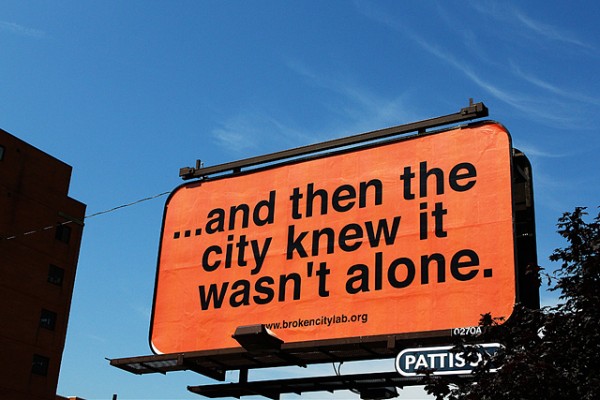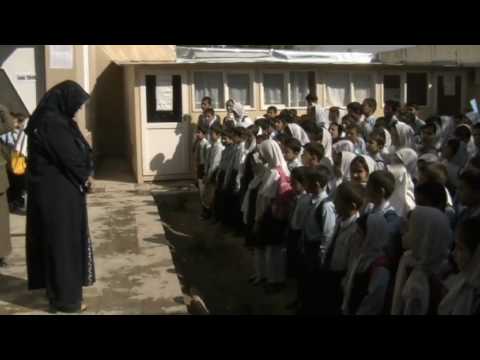
Ever since leaving my long international career, I am counting my blessings: the time to enjoy the beauty and restorative energy of my environment, and the pleasure of community to connect with people. In this new life, professional goals like the next career step, acquiring an important title, and exercising (perceived) power that comes with it, do not feature. Undoubtedly, these aspects of success mattered in my career–you just need to read my LinkedIn profile to know. My choice to leave this life behind was not an act of denial of this “economic half” of my life. Instead, my increasing appreciation of my environment–writ large: people, nature, culture, and more–gave me the incentive to rebalance my life.
While mine was a very personal choice, I do see its connection to today’s global dilemmas. In part, my perspective has placed responsibility and opportunity at my feet, urging action even at the smallest of scales: the individual, day-by-day. But, it also echoes global debates about environmental degradation and climate change and the erosion of social values and cohesion of societies.
Today’s environmental and social challenges necessitate that we change behavior.
The importance of incentives to ensure behavior change can no longer be under-estimated. Behavioral economics has taught us how easily our choices are influenced by factors beyond reason. Marketing professionals know the power of subconscious influence of advertising on our consumer behavior. And as evaluator, I have seen the power of incentives at work, both to encourage positive behavior change and distorting behaviors.
Incentives of the last five decades promoted behaviors that are at the root of current crises. Gross domestic product (GDP) growth has been paramount to policy choices. Increasingly, debates of policy-makers have recognized issues such as poverty, inequality, and the deteriorating environment rather than simply assuming economic growth would result in positive social and environmental effects. Nonetheless, growth projections dominate discussions at high-powered forums of global leaders. Their concern is that failing GDP growth would plunge economies into downward spins with subsequent negative consequences for people.
In 2015, global consultations resulted in the Sustainable Development Goals and the Paris Agreement, both of which provide a much richer set of ambitions than GDP growth. Both of these plans have come hand-in-hand with many targets and indicators (too many, too vague, too often un-measurable, as critics have said) to measure progress, ring alarm bells, and maybe take action. Alarm bells have gone off around the world, from shrill news about social unrest in countries around the world–some previous stable to those that are war-torn–and grave warnings about dramatic natural disasters.
Still, why is there a “maybe” to action? Why don’t these goals for a better life provide sufficient incentives to change behaviors?
Because GDP growth is the key driver in economic policy-making and behaviors. Not only are the agendas agreed in 2015 disconnected from GDP calculations, the GDP formula itself is flawed. Its modern inventor Kuznets emphasized from the beginning that the measure could not serve as a yardstick to determine the wealth of nations. Since then, it has been criticized by economists including Dreze, Sen and Nussbaum. The formula does not account for the distribution of wealth, (lack of) investments in social values like education, health, and functioning families, or the cost of environmental depletion. In some cases, polluting industries might be counted as a “plus” to economic growth, as the cost of its environmental damage is ignored.
Why does the GDP formula matter? It manifests what we value and what we take for granted. It drives behavior.
For as long as the GDP formula is not changed, it will continue provide incentives that reflect the values embedded in its formula. Economic growth will be counted as a good thing regardless of negative repercussions on society and environment. The current formula does not account for the 2030 agenda and therefore is a faulty measure that directs global leaders in their pursuit of success.
The formula was created by someone who recognized its limitations at the time. We need to do the same today! Leaders like Christine Lagarde and Kristalina Georgevia, who head institutions central to the economic debate, have the institutional capacity to affect the necessary change to ensure we value what we care for and account for what matters.










